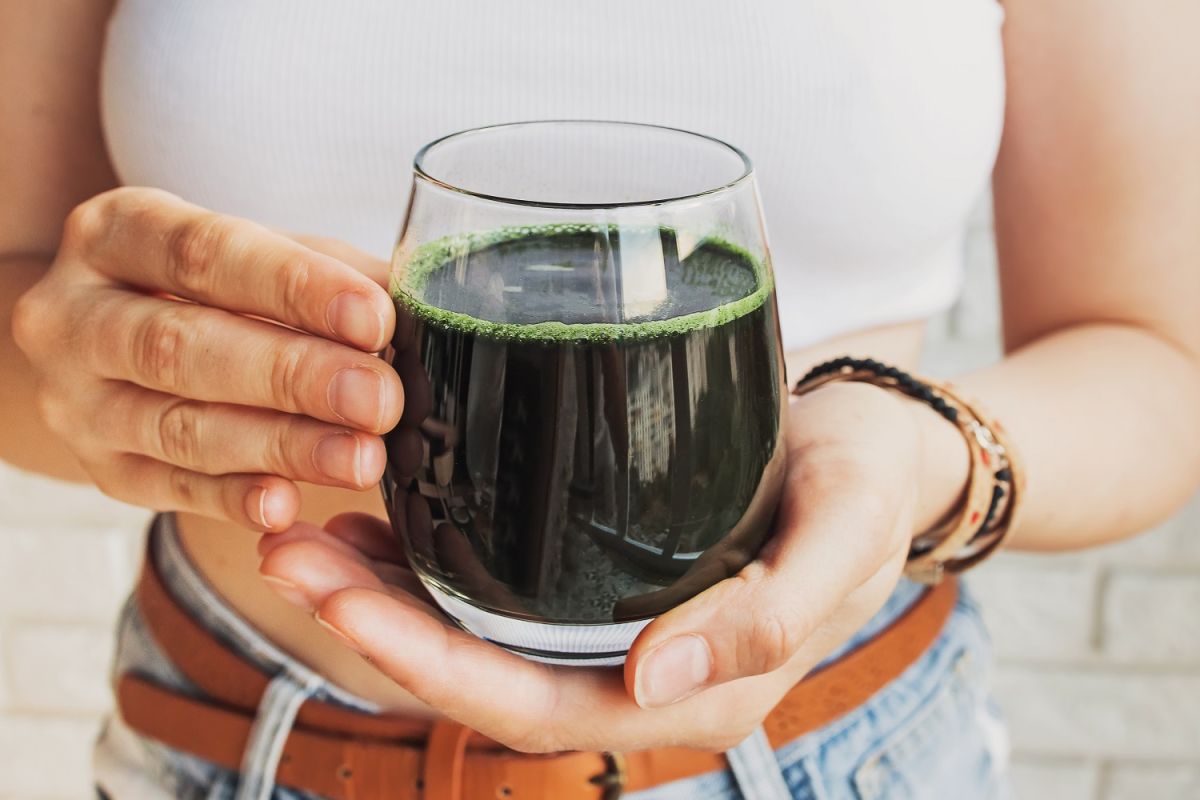It is common to find on social networks the promotion of the use of juices, teas or the consumption of certain supplements to “detoxify the body” or “cleanses”. However, health experts indicate that the consumption of these products would not be really effective. Instead, there are other ways to support detoxification of the body without juices or teas.
The National Institutes of Health (NIH) indicates that some “detox” programs may be unsafe and may be falsely advertised. Popular detox diets, often restrictive, last from a few days to a month and consist primarily of blended vegetables, fruit juices, and spices.
Harvard Health magazine warns that scientific reality dictates that you cannot “cleanse” the body through diet. The NIH also notes that there is no convincing research to support the use of “detox” diets to control weight or remove toxins from the body.
The body has organs with detoxification functions. The liver, kidneys, even the intestines, lungs, and skin work to promote the daily filtering and elimination of toxins.
How to support the detoxification of your body
For those who are concerned about toxins in their bodies, Dr. Robert H. Shmerling, via Harvard Health Publishing, suggests choosing a healthy diet and avoiding pollution, pesticides, and other harmful substances to the best of your ability.
“Leave the detoxification to the professionals: your kidneys, liver, and other self-cleaning organs in your body,” Shmerling says.
Risks of using “detox” drinks
Some detox teas, juices, or remedies are not entirely safe to use for a number of reasons, including:
The NIH indicates that the FDA has taken action against several companies that sell detox products because they contained illegal and potentially harmful ingredients.
Some juices used for “detoxes” have not been pasteurized or otherwise treated to kill harmful bacteria that can make people sick.
Drinking large amounts of high-oxalate juice can increase the risk of kidney problems. Examples of foods rich in oxalates are spinach and beets.
“Detox” programs may include laxatives, which can cause diarrhea severe enough to lead to dehydration and electrolyte imbalance.
Drinking large amounts of water and herbal tea and not eating any food for days at a time could lead to dangerous electrolyte imbalances.
Diets that severely restrict calories or the types of foods eaten may not provide all the nutrients needed.
It may interest you:
–Hershey’s sued for selling dark chocolate laced with lead and cadmium
–Fruits and vegetables with the highest and lowest amount of pesticides in 2022
–Gallstones are a serious side effect of following very low calorie diets
